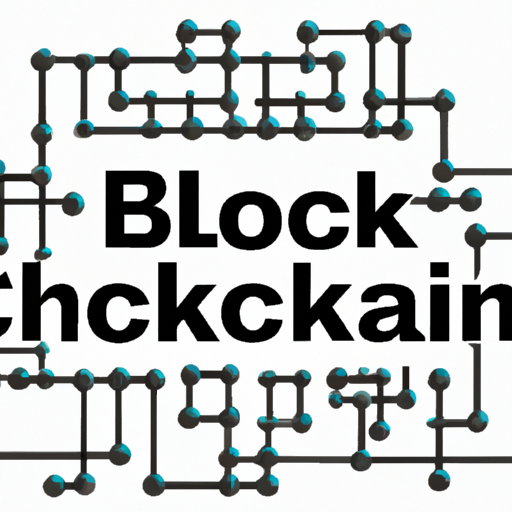In recent years, blockchain has emerged as one of the most revolutionary technologies in the digital realm. From powering cryptocurrencies like Bitcoin to facilitating smart contracts and enhancing security measures, blockchain offers numerous advantages that are transforming industries worldwide.
What is Blockchain?
At its core, blockchain is a decentralized ledger technology that records transactions across many computers in such a manner that the registered transactions cannot be altered retroactively. This structure makes blockchain highly secure and transparent, as every participant in the network has access to the entire database, ensuring accountability.
The Key Features of Blockchain
- Decentralization: Unlike traditional databases maintained by central authorities, blockchain allows data to be stored across a network of computers, enhancing security and reducing the risk of data manipulation.
- Transparency: All transactions on a blockchain are visible to participants and can be verified, fostering trust among users.
- Immutability: Once a transaction is recorded on the blockchain, it cannot be altered or deleted without the consensus of the network, ensuring data integrity.
- Security: Cryptographic techniques are used to secure blockchain data, making it resistant to fraud and cyberattacks.
Applications of Blockchain Technology
Blockchain technology extends far beyond cryptocurrencies. Here are some of its significant applications:
- Cryptocurrency: The most well-known application of blockchain is in the realm of digital currencies, allowing secure peer-to-peer transactions without the need for a central authority.
- Smart Contracts: These are self-executing contracts with the terms directly written into code. They automatically enforce and execute agreements when conditions are met.
- Supply Chain Management: Blockchain enhances supply chain transparency and traceability, reducing fraud and improving efficiency.
- Healthcare: Storing patient records securely on blockchain can improve data protection and patient privacy.
- Voting Systems: Blockchain can create tamper-proof voting systems that enhance security and ensure the integrity of elections.
The Future of Blockchain Technology
As digital transformation accelerates, blockchain technology is likely to play a crucial role in providing solutions to contemporary challenges faced by various sectors. As businesses and individuals increasingly recognize the benefits of decentralization, the adoption of blockchain technology is expected to soar.
Conclusion
Blockchain technology is reshaping our world by enhancing transparency, security, and efficiency in various applications. By understanding its fundamentals and potential, businesses and individuals can better prepare for a future dominated by decentralized solutions.
For more insights into innovative technologies, don’t forget to subscribe to our newsletter!




